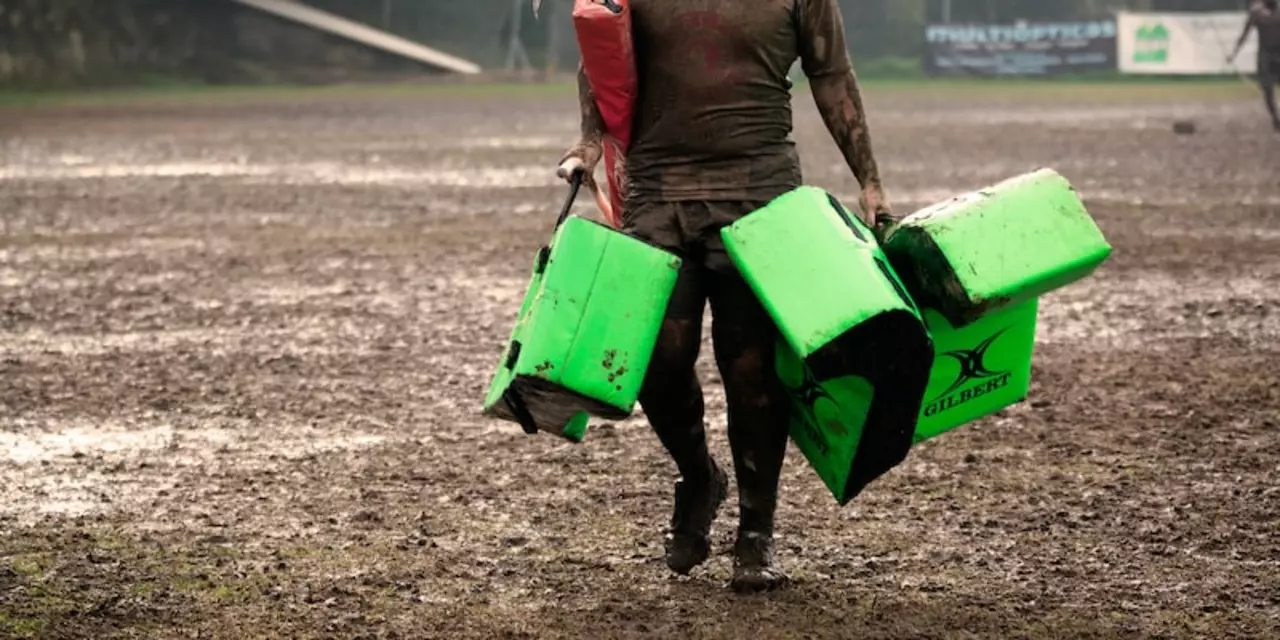Referee Basics: What Every Rugby Fan Should Know
Ever wondered what the person in the black shirt is actually doing during a match? A rugby referee is more than just a whistle‑blower – they keep the game safe, fair, and flowing. Whether you’re watching a local Old Warriors game or cheering from the stands, understanding the referee’s job makes the sport feel a lot clearer.
Why the Referee Matters on the Pitch
The referee decides when a tackle is legal, calls fouls, and makes sure the ball stays in play. Their signals tell you why a penalty was given, when a scrum should form, or when the game restarts. Without consistent calls, the match would quickly turn chaotic, and players could get injured. In short, the referee is the glue that holds the fast‑paced action together.
One of the biggest myths is that referees love to stop the game. Actually, they aim to keep it moving. By applying the laws smoothly, they let the teams showcase skill rather than get bogged down in disputes. That’s why good referees earn respect from players and fans alike.
How to Get Started as a Rugby Referee
If you love rugby and want to stay involved off the field, becoming a referee is a solid option. First, sign up for the beginner referee course offered by your local rugby union – Old Warriors often hosts these sessions. The course covers the basic laws, the hand signals you’ll need, and how to manage a match safely.
After the classroom part, you’ll do a practical on‑field assessment. This is where you practice positioning, communication, and applying penalties in real time. Don’t worry if you feel nervous; the assessors are there to guide you, not to judge harshly.
Once you’re certified, start with youth or low‑tier matches. Those games give you the chance to build confidence without the high pressure of senior fixtures. Keep a notebook of tricky calls you encounter – reviewing them with more experienced referees helps you improve quickly.
Training doesn’t stop after the first course. Most clubs run regular refresher workshops and offer mentorship programs. Pairing up with a seasoned referee for a few games can boost your decision‑making speed and teach you how to handle heated moments on the pitch.
Physical fitness is another key piece. You’ll be running up and down the field, often sprinting to keep up with the play. A simple cardio routine and flexibility work can make a huge difference on match day.
Finally, remember that communication is your secret weapon. Use clear, concise signals and always explain big decisions to team captains when time allows. Players appreciate transparency, and it reduces the chance of arguments bubbling up later.
Being a referee at Old Warriors Rugby Club isn’t just about enforcing rules – it’s about supporting the community, helping the game grow, and staying close to the sport you love. So, if you’ve ever thought about grabbing the whistle, now’s the perfect time to give it a go.
How do you become a rugby referee?
Rugby refereeing is a rewarding and challenging job. To become a rugby referee, you must be at least 18 years old and pass the World Rugby course. This course includes an online theory component and a practical component which is conducted in person. Once you have passed the course, you will be able to officiate at local matches and work your way up to higher level games. You will also need to attend regular training sessions and seminars to keep up to date with the laws of the game. With dedication and commitment, you can become a successful and respected rugby referee.
